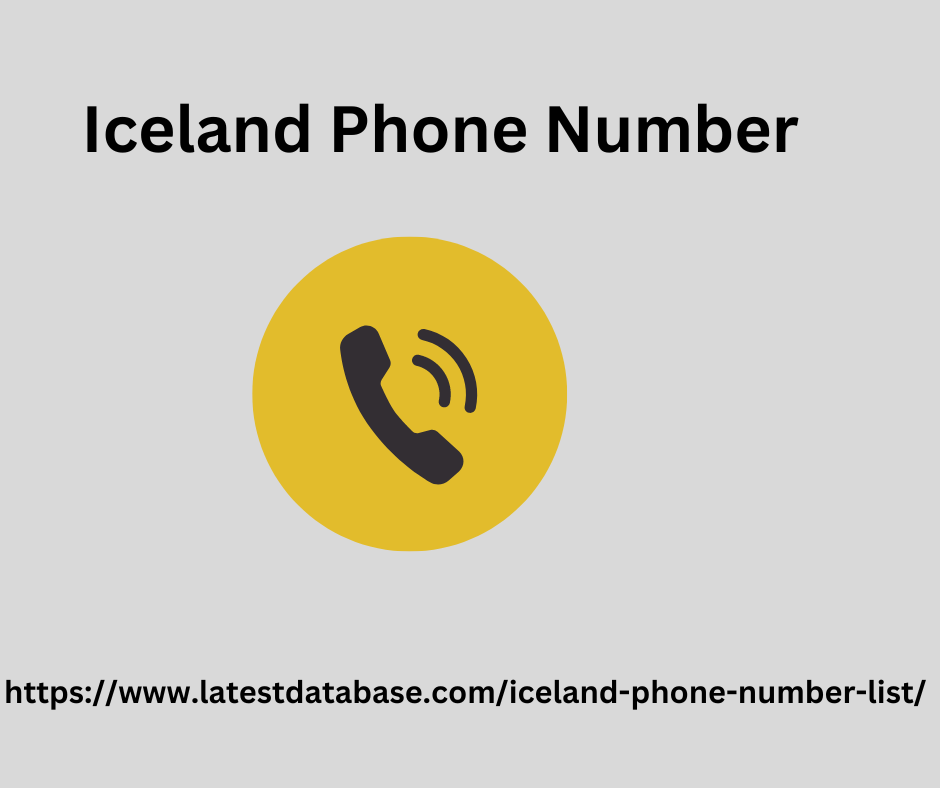|
|
Meaning, if you create an asset using generative AI, do you have to label it as such. The simple answer is. Not yet. It might get a little confusing, especially after seeing the backlash when Sports Illustrated got busted for allegedly publishing AI-created content. But the real sin of those pieces wasn.t the content, it was the fake, AI-generated writer bios used to trick readers. There are no current laws stating that AI-assisted content needs a label. And Google is on the .no need to label. bandwagon, too. Content marketing trends - Tweet from Kenichi Suzuki Search expert Kenichi Suzuki confirmed that Google cares about content quality, not who.or what. wrote it.
This could change. We.re about to run into our first presidential election cycle with widespread access to user-friendly AI tools. deep fakes and misdirection that could lead to. The EU has urged big tech apps to label AI Iceland Phone Number content. And a New York Times lawsuit against OpenAI and Microsoft will have a seismic ripple effect on all AI content. So it.s possible we.ll see AI citation regulations down the line. But it won.t likely happen by the end of No matter what the rules are, though, never pump out AI content without a human editor.

Google says AI content is A-Okay, but it still cares about things like authority and experience.things that are hard to get from AI content alone. You definitely don.t want to end up on the wrong end of Google taking your traffic away. How to prepare for this trend. Consider if your specific audience would prefer you label content as AI-generated. Use AI as a tool to assist content creators, not replace them. Create a playbook or style guide that sets standards for all of your content, no matter where it comes from. Monitor the analytics of your human-only and AI-assisted content to see if either net better results. Search shifts to social media platforms People, especially younger ones, are migrating from SERPs to social media in search of more .
|
|